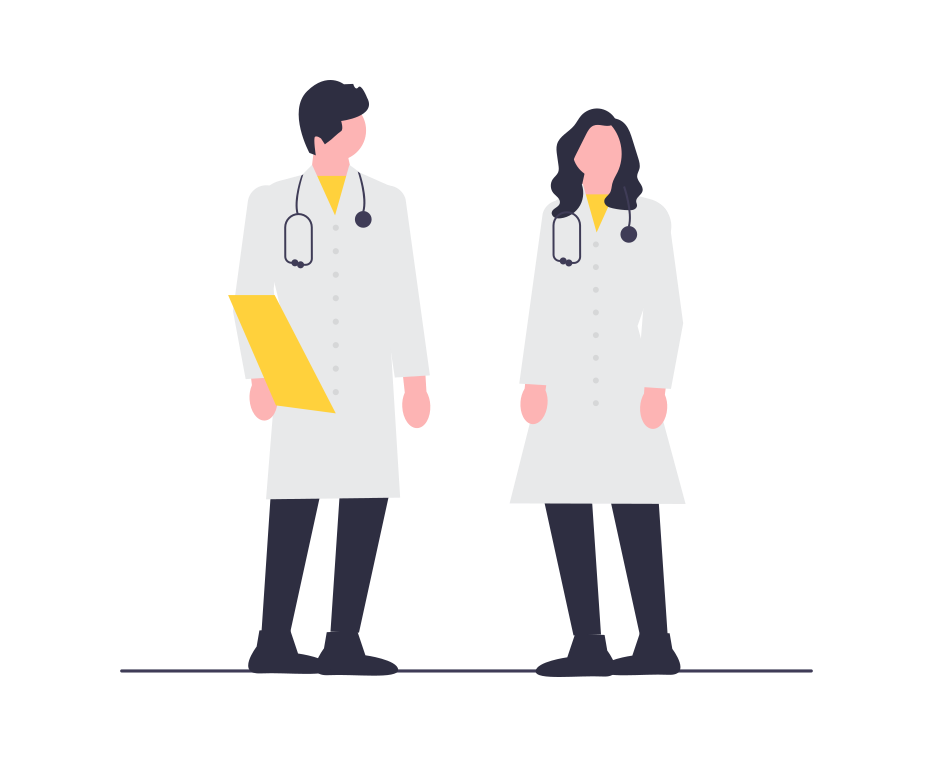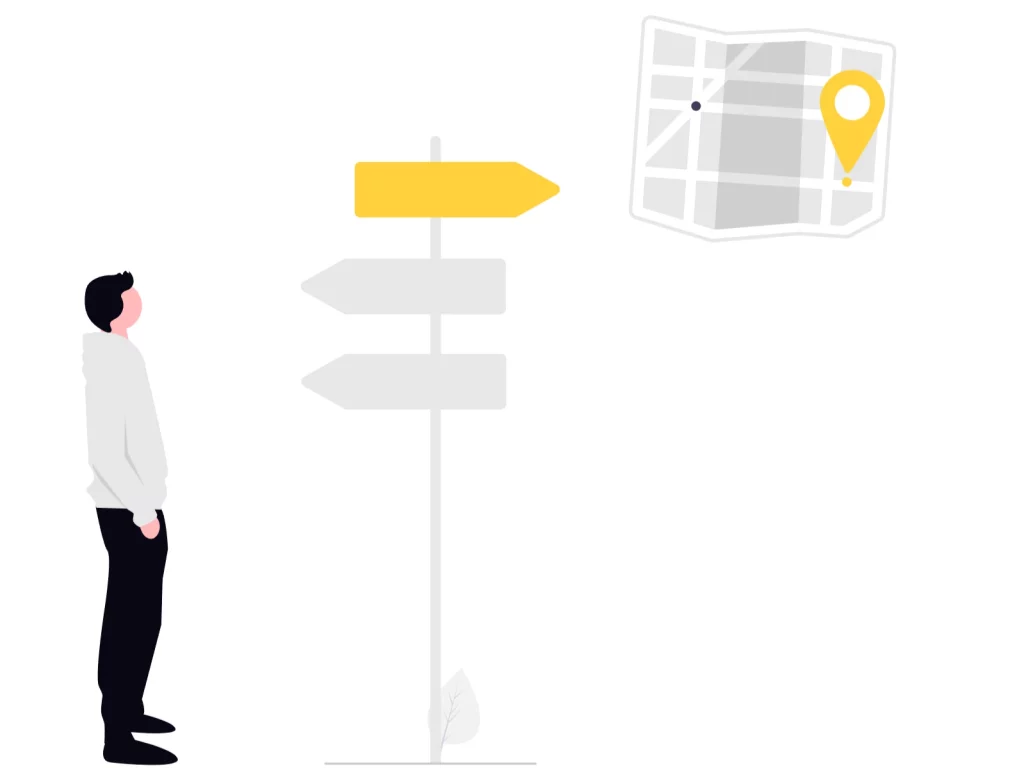Spain, with its rich culture, beautiful landscapes, and vibrant cities, attracts millions of tourists and expatriates every year. While exploring or settling in this diverse country, it’s essential to be prepared for unforeseen circumstances, including medical emergencies.
Understanding the healthcare system and knowing what steps to take in case of an emergency can make a significant difference.
Here’s a comprehensive guide for both temporary visitors and residents on what to do in case of a medical emergency in Spain.
What to do in case of medical emergency as a tourist in Spain
Traveling to a foreign country requires a proactive approach to potential emergencies. Make sure you have gathered all the information you require and keep it close and easy to access during your stay.
Familiarize Yourself with Emergency Services (112):
In case of a medical emergency, your first point of contact is to call the emergency services number, 112. It’s free, and operators typically speak multiple languages. When calling, provide your location and a brief description of the emergency. Please note that if you are not entitled to free public medical cover in Spain, you will be charged for the medical assistance provided.
Make Sure You Have Travel Health Insurance
Having comprehensive travel and health insurance when staying in Spain is crucial. Confirm that your insurance covers medical emergencies and hospitalization. If it does not, you should consider purchasing additional coverage.

Locate Nearby Medical Facilities
Identify the nearest hospitals, medical centres, and pharmacies to your location. Keep a list with their contact information accessible.
Carry Essential Medical Information
Always carry information including your blood type, allergies, and existing medical conditions. Consider having a translated version in Spanish if you’re not fluent in the language. This information can be crucial in providing timely and accurate treatment.
Understand the Language Barrier
While many healthcare professionals in Spain might speak English, not all of them do. Learning a few basic medical phrases in Spanish can be immensely helpful when facing an emergency. Additionally, consider installing a translation app on your phone can facilitate communication in case of language barriers.
Know Your Rights and Obligations Beforehand
As a temporary visitor, understanding your rights and obligations is essential. Familiarize yourself with the procedures for obtaining medical care, including whether payment is required upfront or if the costs will be billed to your insurance. Please note that with most insurers a preliminary call to the insurance company is required before getting further assistance.
Follow up with Your Insurance Provider
After receiving medical care, it’s important to follow up with your insurance provider. Keep detailed records of all medical expenses, including invoices and receipts, to facilitate the reimbursement process. Promptly inform your insurance company about the incident and provide any necessary documentation.

What to do in case of medical emergency as an expatriate living in Spain
If you are an expat living in Spain, your access to the healthcare system in Spain is different. Here’s what you should do in case of a medical emergency:
Locate Nearby Medical Facilities
As soon as you settle, you should identify the nearest healthcare facility, such as hospitals, health centres, or pharmacies.
Familiarize Yourself with Emergency Services (112)
The emergency services number, 112, is your go-to number in case of an emergency. Make sure you are able to communicate all the required information, such as your location, the type of emergency, and some basic health details related to allergies or medical conditions.
It can be useful for you to speak in Spanish or at least have someone around who does so they can help in case translation is needed.
Access to Healthcare System
Residents have access to both public and private healthcare facilities. Please note that public health facilities provide services free of charge only to those who are entitled to get free access to public medicine. In most cases, foreigners who do not work in Spain and do not pay social security contributions get the bills for medical assistance received in public hospitals. Get all the information regarding your particular case, understand your options, and choose accordingly based on your preferences and needs.
Most expatriates prefer to have extra coverage for faster service by getting private health insurance in Spain.
Finding a reliable health insurance broker in Spain can be useful and is especially recommended for foreigners. These services often include assistance all the way through the process and make it easier for you to understand the different options available.
All in all, whether you are a temporary visitor or a resident, being prepared and informed is crucial in handling medical emergencies in Spain. Tailoring your approach based on your status ensures that you receive the best possible care while enjoying everything that Spain has to offer. Stay informed, stay safe, and make the most of your time in this beautiful country.



